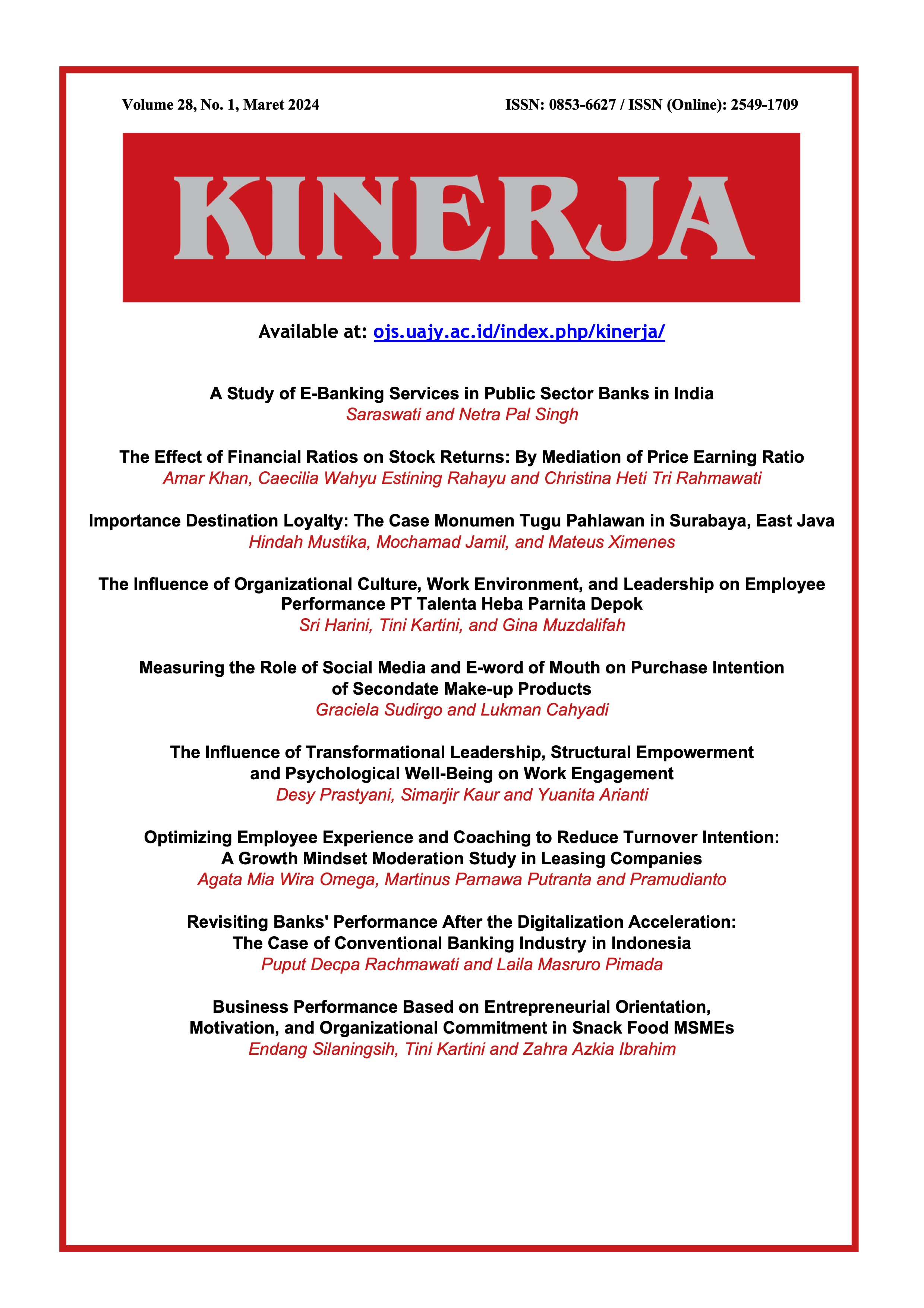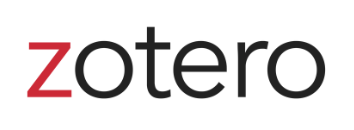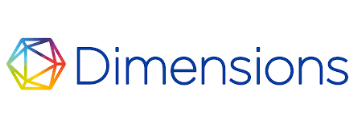Optimizing Employee Experience and Coaching to Reduce Turnover Intention: A Growth Mindset Moderation Study in Leasing Companies
DOI:
https://doi.org/10.24002/kinerja.v28i1.8273Keywords:
employee experience, coaching, growth mindset, turnover intentionAbstract
Generation Y and Generation Z have been entering workplace and dominating various jobs in organizations. These two cohorts share similar characteristics including, among other things, the need of self-development and the need of challenging jobs that enable them to avoid boredom. When these needs are not met their desires to leave the organization is likely to occur. Providing positive personal experience and proper coaching at work may help resolve the aforementioned negative consequence. This research aimed to address this issues. A sample of 182 of employees from the two cohorts who worked for leasing companies in Yogyakarta participated in the research. Purposive sampling was adopted to invite respondent participation. An online survey was employed to gather the data. The PLS-SEM method was used to analyze the data . Findings of the research show that employee experience and leadership coaching skills have a negative influence on turnover intention. A growth mindset strengthens the negative impact of employee experience on turnover intention. However, a growth mindset was found not to have any moderating influence on the effect of leadership coaching skills on turnover intention. Managerial and scholarly implication are then outlined.
References
Abhari, K., Davidson, E. and Xiao, B.S., 2019. “Experience first”: Investigating co-creation experience in social product development networks. AIS Transactions on Human-Computer Interaction, 11(1), pp.1-32.
Erwina, P., 2022. The analysis of employee experience, employee engagement, and turnover intention at XYZ Aesthetic Clinic. International Journal of Management, Entrepreneurship, Social Science and Humanities, 5(1), pp.242-252.
Faaroek, A., 2021. Pengaruh budaya organisasi terhadap turnover intention melalui motivasi pada karyawan generasi milenial. Forum Ilmiah, 18(1), 11–25.
Fejzic-Ahbabovic, M., Kurtic, E. and Sunje, A., 2022. Influence of managerial coaching on mindset, employee thriving and fluctuation reduction. Economic and Social Development: Book of Proceedings, pp.377-390.
Gutmann, P., 2016. Tackling Trends in Turnover. Frankfurt, Germany: Mercer Webcast Series.
Hair, J. F., Hult, G. T. M., Ringle, C. M., and Sarstedt, M., 2017. A Primer on Partial Least Squares Structural Equation Modeling (PLS-SEM). Thousand Oaks: Sage.
Hair, J. F., Risher, J. J., Sarstedt, M., and Ringle, C. M., 2019. When to use and how to report the results of PLS-SEM. European Business Review, 31(1), pp.2–24.
Haq, M., Badar, K. and Abbas, S.G., 2017. The impact of negative ties on turnover intention. Sarhad Journal of Management Sciences, 3(02), pp.286-299.
Heslin, P. A., Vandewalle, D., and Latham, G. P., 2006. Keen to help? Managers’ implicit person theories and their subsequent employee coaching. Personnel Psychology, 59(4), pp.871–902.
Jehanzeb, K., Rasheed, A. and Rasheed, M.F., 2013. Organizational commitment and turnover intentions: Impact of employee’s training in private sector of Saudi Arabia. International Journal of Business and Management; 8(8), pp.79-90.
Kim, K., and Kim, K., 2019. Relationship between Job Satisfaction, and Turnover Intention and Quality of Life in Small and Medium Hospital’s Nurses. Journal of Korea Academia-Industrial Cooperation Society, 20(12), pp.678–688.
Kirschenbaum, A. and Mano‐Negrin, R., 2002. Past work experience, present opportunities and turnover decisions: The case of Israel’s medical sector employees. Personnel Review, 31(5), pp.518-539.
Kutlak, J., 2021. Individualism and selfreliance of Generations Y and Z and their impact on working environment: An empirical study across 5 European countries. Problems and Perspectives in Management, 19(1), pp.39–52.
Lee, M., and Kim, B., 2023. Effect of employee experience on organizational commitment: Case of South Korea. Behavioral Sciences, 13(7), p.521.
Maloni, M., Hiatt, M. S., and Campbell, S., 2019. Understanding the work values of Gen Z business students. International Journal of Management Education, 17(3), p.100320.
McGinley, S., Line, N. D., Wei, W., and Peyton, T., 2020. Studying the effects of future-oriented factors and turnover when threatened. International Journal of Contemporary Hospitality Management, 32(8), pp.2737–2755.
Mohyi, A. D. S., 2023. Do employee experience has an impact to turnover? Journal Career and Entrepreneurship, 2(1), pp.49–58.
Nouri, H., and Parker, R. J., 2013. Career growth opportunities and employee turnover intentions in public accounting firms. British Accounting Review, 45(2), pp.138–148.
Perez, V., Uzcategui, Y., Del Canto, E., Da Rocha, V.A. and Martins, V.F., 2018. Coaching: Una nueva perspectiva organizacional. Revista Científica e-Locução, 1(13), pp.24-24.
Romão, S., Ribeiro, N., Gomes, D.R. and Singh, S., 2022. The impact of leaders’ coaching skills on employees’ happiness and turnover intention. Administrative Sciences, 12(3), p.84.
Said, H., Kamel, N. and Aziz, S.A., 2020, March. Understanding the Influence of Organizational Culture on Turnover Intention in Egyptian Travel Agencies. In International Conference on Tourism Research (pp. 250-259). Academic Conferences International Limited.
Sekaran, U., & Bougie, R., 2019. Research Methods for Business: A Skill Building Approach (8th ed.). United States: Wiley Global Education US.
Utrilla, P.N.C., Grande, F.A. and Lorenzo, D., 2015. The effects of coaching in employees and organizational performance: The Spanish Case. Intangible Capital, 11(2), pp.166-189.
Wahyuni, S., Safira, A. and Pramesti, M., 2023. Investigating the impact of growth mindset on empowerment, life satisfaction and turn over intention: Comparison between Indonesia and Vietnam. Heliyon, 9(1), e12741.
Downloads
Published
Issue
Section
License
Copyright (c) 2024 Agata Mia Wira Omega, Martinus Parnawa Putranta, Pramudianto Pramudianto

This work is licensed under a Creative Commons Attribution 4.0 International License.















